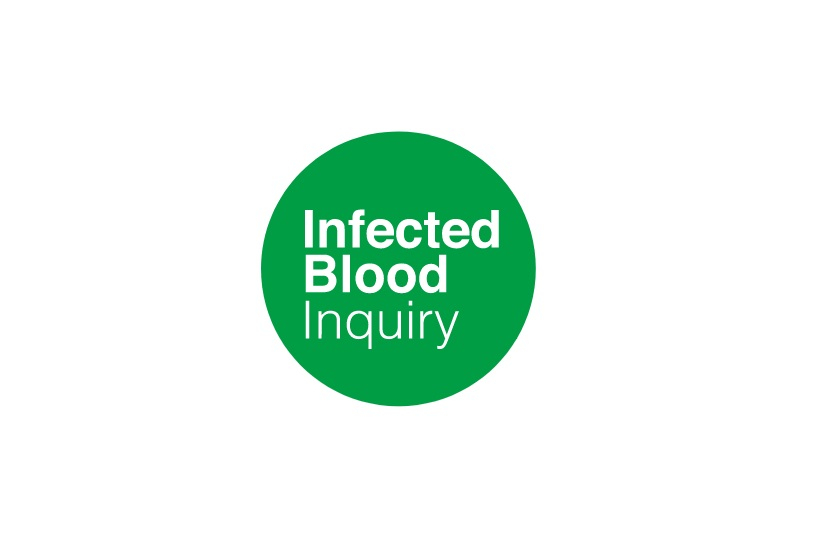
Yesterday (20 May 2024), Sir Brian Langstaff published the final report of the Infected Blood Inquiry.
As the Prime Minister stated in the House of Commons, the findings of the report represented a day of shame for the British state. Some 30,000 people were infected with HIV and hepatitis over a period of 21 years, between 1970 and 1991, which could have been largely avoided.
People of all ages were victims due to a catalogue of failures by the NHS, the civil service, and successive governments. Around 3,000 people have since died after receiving contaminated blood, many of those infected were treated disdainfully by healthcare professionals and made to think they were just imaging it, whilst the indignity of financial hardship that ill-health often brings has impacted significant numbers of those who were infected.
Below I have set out some of the key findings of Sir Brian’s report, the government’s response to the report, and links where you can find further information.
Who were affected by the scandal?
According to the report, 30,000 people were infected with HIV and hepatitis and more than 3,000 deaths are attributable to infected blood and blood products.
Around 380 children with bleeding disorders were infected with HIV, a third of the 1,250 people with bleeding disorders infected with HIV, with the majority also being coinfected with Hepatitis C and some with Hepatitis B and other infections as well.
Three quarters of those with bleeding disorders who were infected with HIV have died. Between 80 and possibly up to about 100 people were infected with HIV through transfusions. About 85 per cent of those have died.
Around 26,800 people were infected with Hepatitis C through blood transfusions between 1970 and 1991, of whom about 22,000 were chronically infected beyond the initial six months, with 2,700 surviving to the end of 2019.
Victims were knowingly exposed to “unacceptable risks”
Although authorities were aware of the risks of transmitting viral infections in blood and blood products, they continued to be administered to patients for years. In his report, Sir Brian concluded that this meant patients were exposed to “unacceptable risks”. A number of examples detailed in the report included:
- The lack of a concerted effort to stop importing blood products from abroad. These imports used blood from high-risk donors, such as prisoners and drug addicts.
- Domestically, blood donations were accepted from high-risk groups, such as prisoners, until 1986.
- It wasn’t until the end of 1985 that blood products began to be heat-treated to eliminate HIV, despite the risks of transmission being known three years earlier in 1982.
- There was too little testing to reduce the risk of hepatitis, from the 1970s onwards.
"This disaster was not an accident"
Sir Brian criticised the NHS and successive governments for institutional defensiveness and for "refusing to accept that wrong had been done".
Concluding that the scandal was “not an accident”, Sir Brian stated that the infections happened due to those in authority, including doctors, blood services, and successive governments, failed to put patient safety first. Further, he found that the response of the authorities “compounded people’s suffering”.
The report says various bodies hid the truth through:
- A lack of openness, inquiry, accountability, and elements of “downright deception”, including the destroying of documents.
- “Hiding the trust” included not only deliberate concealment, but telling half-truths or not telling people what they had had a right to know.
- This included the risks of treatment they had received, what alternatives had been available and, at times, even the fact they had been infected.
What could have been done differently
Building on the criticisms listed above, Sir Brian states that patients should have been informed about the risks of their treatment. The failure to be open meant that patients were not aware of how likely they were to be exposed to infections.
Sir Brian criticises two claims made by successive governments:
- That patients received the best medical treatment available at the time
- That blood screening was introduced at the earliest opportunity
The report concludes that neither of these claims were true.
The government's decision not to suspend the importation of commercial blood products in July 1983, despite it being apparent that the cause of Aids could be transmitted by blood, was wrong, Sir Brian says. Further, UK blood services are accused of not being rigorous enough in their screening of blood donors.
The suffering of victims
"Lives, dreams, friendships, families and finances were destroyed" as a result of the "life-shattering" scandal, Sir Brian says.
"People infected and affected have told powerful stories of pain, sickness and loss, of lives damaged and destroyed, unrecognisable from before their infection and unrecognisable from all their hopes and dreams for their lives."
Sir Brian described the government as being "cruel" for falsely telling people they had received the best medical care.
The government’s response to the report
Responding to the report in the House of Commons, Prime Minister Rishi Sunak said it was “a day of shame” for the British state. He went on to say that the report shows:
“A decades-long moral failure at the heart of our national life. From the National Health Service to the civil service, to ministers in successive governments at every level, the people, and institutions in which we place our trust failed in the most harrowing and devastating way.”
Interim compensation payments, providing £100,000 to those infected, or to bereaved partners, registered with the UK Infected Blood Support Schemes have been made since October 2022. The Prime Minister has promised to pay "comprehensive compensation" and the government has set out further details here: https://www.gov.uk/government/publications/infected-blood-compensation-scheme-summary
Further reading
Sir Brian’s final report can be found here: https://www.infectedbloodinquiry.org.uk/reports/inquiry-report
The Prime Minster’s statement responding to the report can be found here: https://www.gov.uk/government/speeches/pm-statement-on-the-infected-blood-inquiry-20-may-2024
Further details on compensation can be found here: https://www.gov.uk/government/publications/infected-blood-compensation-scheme-summary


